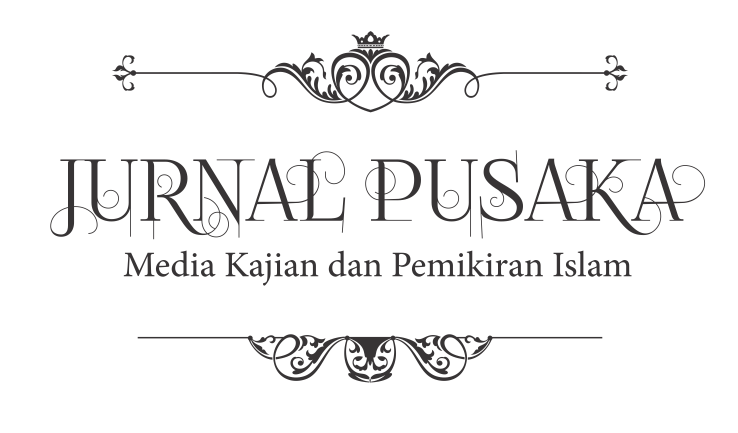Pembentukan Pendidikan Karakter Santri Melalui Kegiatan Keagamaan di Pondok Pesantren An Nur 1 Putri Bululawang
DOI:
https://doi.org/10.35897/ps.v12i2.912Abstract
Character education is an education system that aims to instill certain character values in students in which there are components of knowledge, awareness or will, as well as actions to carry out these values. This is because many see the behavior of teenagers in behavior, speech, and manners that are increasingly eroded so that the sense of responsibility is not good. This research is included in the qualitative descriptive research. In the course of collecting data, researchers used the method of observation, interviews, and documentation. Meanwhile, data analysis uses qualitative descriptive analysis techniques, namely in the form of written or oral data of people or observed behavior so that in this case the author seeks to conduct research that describes the actual situation. The results of this study indicate that the formation of character education for students using religious activities at the An-Nur I Islamic boarding school Putri Bululawang, Malang. Activities include congregational prayers, midnight prayers, congregational prayers, reciting the Koran, reciting the yellow book of the weton system, ratibul haddad, and khitabah. There are driving and inhibiting factors in the process of forming character education for students through religious activities and how are the solutions from various parties ustadzah, musrifah, students and parents to overcome the factors that hinder the formation of character education for students through religious activities at the An-Nur I Islamic boarding school Putri Bululawang Malang.
Key words: education; characters; pesantren; qualitative; Islam.
Downloads
Downloads
Published
How to Cite
Issue
Section
License
Copyright (c) 2022 JURNAL PUSAKA

This work is licensed under a Creative Commons Attribution 4.0 International License.




